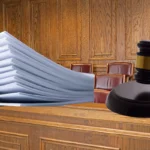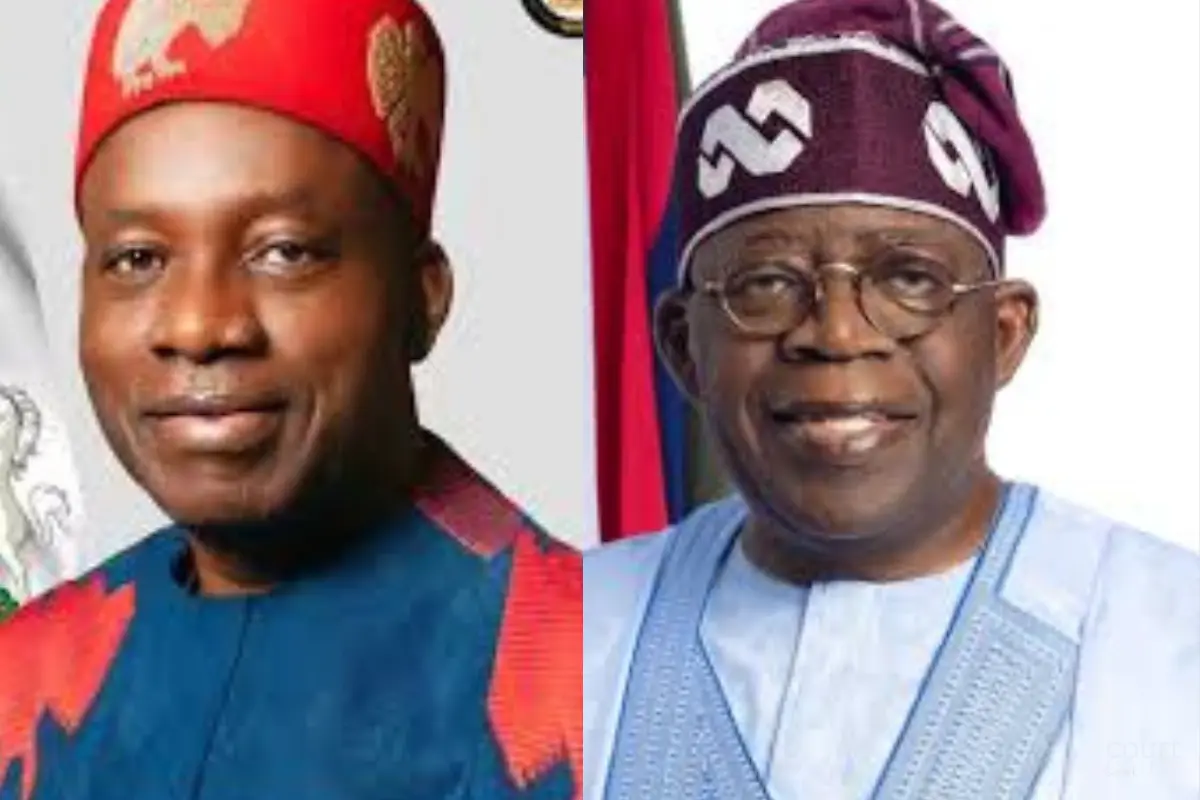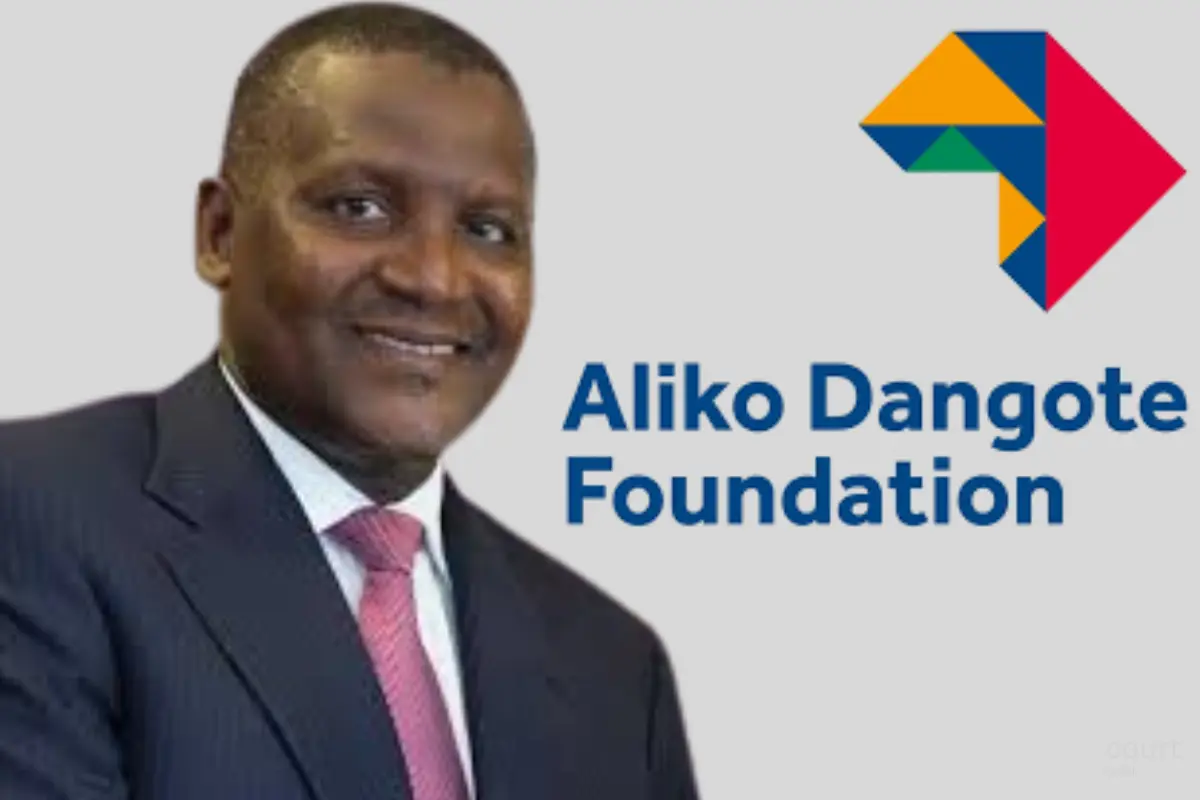In a decisive effort to protect freedom of speech in Nigeria, the Socio-Economic Rights and Accountability Project (SERAP) has initiated legal proceedings against President Bola Tinubu’s administration and the governors of Nigeria’s 36 states. Filed at the ECOWAS Community Court of Justice in Abuja under suit number ECW/CCJ/APP/03/2025, the case challenges the constitutionality of the Cybercrimes (Amendment) Act 2024, accusing it of stifling free speech and violating citizens’ rights, as reported on their X handle
SERAP argues that the 2024 amendment fails to correct the oppressive elements of the repealed Section 24 of the Cybercrime Act 2015, previously struck down by the ECOWAS Court in March 2022 for its arbitrary and restrictive impact on freedom of expression. Despite its repeal, the latest amendment allegedly continues to empower authorities to silence critics and curtail civil liberties.
Through its legal team—Kolawole Oluwadare, Mrs. Adelanke Aremo, and Andrew Nwankwo—SERAP emphasizes that vague and undefined terms like ‘causing a breakdown of law and order’ and ‘cyberstalking’ in Section 24(1)(b) of the law create avenues for misuse. These provisions, SERAP claims, are systematically employed to intimidate and penalize activists, journalists, bloggers, and social media users for exercising their right to free expression.
Notable cases cited by SERAP include activist Dele Farotimi being charged under the amended Act, journalist Agba Jalingo prosecuted for exposing alleged misconduct, and Chioma Okoli arrested over a Facebook post criticizing a product. Funke Adeoye was reportedly questioned by police over a social media post, and several bloggers, along with a popular singer, have faced charges for similar reasons.
SERAP contends that these instances violate global human rights standards, which demand that any limitations on free speech must be justified, necessary, and proportionate. In light of these concerns, SERAP is requesting the ECOWAS Court to provide the following remedies:
- A declaration that Section 24 of the Cybercrime (Amendment) Act 2024 violates the African Charter on Human and Peoples’ Rights and the International Covenant on Civil and Political Rights.
- A ruling that the Nigerian government’s enforcement of this law infringes on fundamental rights to free expression, information, privacy, and media freedom.
- An order mandating the immediate repeal or amendment of Section 24 to align with Nigeria’s international human rights obligations.
- Any additional measures the court finds appropriate to protect citizens’ rights.
Although the hearing date is yet to be announced by the court, the outcome of this case is poised to have significant implications for the state of digital rights and freedom of expression in Nigeria. If the court rules in SERAP’s favor, it could set a precedent that strengthens protections against the misuse of cybercrime laws to silence dissent. Conversely, a ruling that upholds the current provisions may embolden authorities to continue leveraging ambiguous legal frameworks to suppress criticism and control public discourse.
Nigeria’s standing in the international community regarding human rights compliance is also at stake. A decision aligning with international human rights norms could improve the country’s global image and reaffirm its commitment to democratic principles. On the other hand, continued disregard for these obligations could attract criticism from global human rights organizations and erode trust in Nigeria’s legal system.
Civil society organizations, media outlets, and digital rights advocates are closely monitoring the case, recognizing its potential to either safeguard or further erode freedoms that are essential to democratic engagement. Many argue that a legal victory for SERAP could empower citizens to speak more freely and hold the government accountable without fear of reprisal.
The increasing pattern of arrests and prosecutions for online expression underlines the urgency of judicial intervention. This case offers the ECOWAS Court a critical opportunity to clarify and enforce the limits of state power in regulating speech, ensuring that laws are not weaponized against those exercising their fundamental rights.
As Nigeria awaits the court’s decision, the broader conversation on digital rights and governance continues to grow. Advocates stress the importance of comprehensive legal reforms that not only repeal oppressive laws but also establish clear safeguards for freedom of expression in the digital space.


















